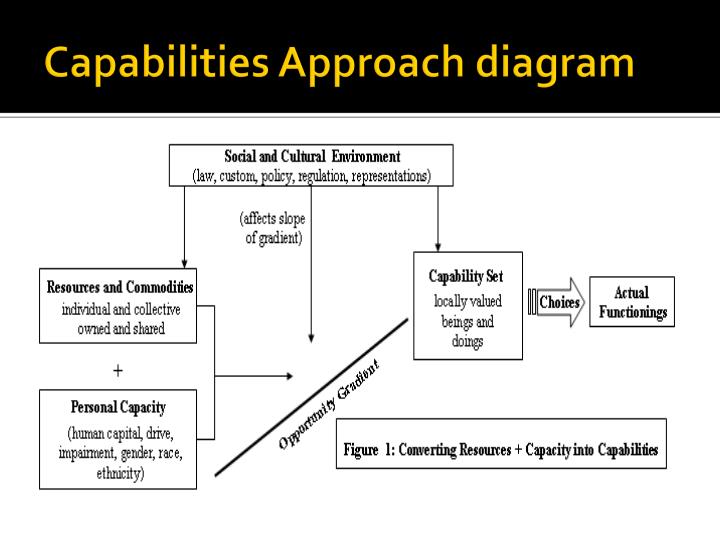If you like reading about philosophy, here’s a free, weekly newsletter with articles just like this one: Send it to me!
Image by Lucius B. Truesdell
H.P. Lovecraft was not a philosopher by any stretch of the imagination – or was he?
Lovecraft invented such colourful figures as the “mad Arab” Abdul Alhazred, the author of the magic textbook ‘Necronomicon.’ He created a whole universe of gods, the “Old Ones,” who live in the mythical city of R’lyeh:
Lovecraft’s fiction is sometimes delightful, sometimes a bit simplistic in its technique of creating most of its effect through adjectives. This works surprisingly well for short stretches, but soon becomes tedious, since there is often little description beyond the adjectives themselves to give weight to the feelings of horror that the adjectives are supposed to evoke. Here’s a typical passage. Just look at the adjectives and how much of the emotion they have to carry:

So, is Lovecraft a philosopher? If so, what could be called his philosophy?
For one, Lovecraft reminds us (and in this he is not so far removed from Tillich!) that the alien, when we finally meet it, will be truly alien to us. Unlike most of the aliens in Star Trek, who are different from humans mainly in fashion and hairdo, Lovecraft’s aliens are incomprehensible, wild, uncaring gods, as close and fatherly to us as we must appear to an ant or a spider. This alienation continues into the world of the human protagonists, who are confronted with it in the most mundane of everyday …
Read the full article which is published on Daily Philosophy (external link)





